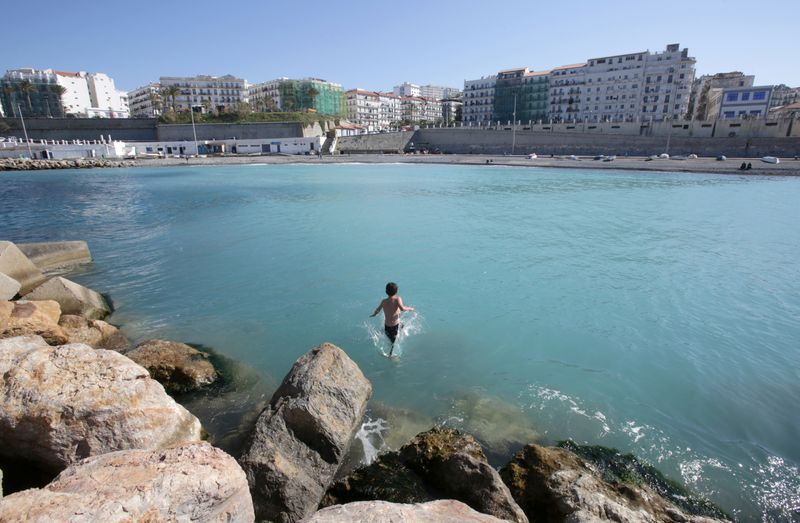Germany frees al-Jazeera journalist
German authorities on Monday ordered the release of Al-Jazeera journalist Ahmed Mansour, two days after detaining him at the request of his native Egypt in a move that sparked outrage from rights groups.
"We welcome this decision by the German prosecutor," said Al-Jazeera spokesman Hareth Adlouni, adding that all charges had been dropped against 52-year-old Mansour, one of the best known TV journalists in the Arabic world.
Berlin prosecutors in a short statement said they would not seek his extradition and had ordered Mansour\’s release, citing both "legal aspects and possible political-diplomatic concerns", without detailing them.
Mansour, an Egyptian-British dual national, was controversially arrested Saturday at a Berlin airport, where he had been due to fly to Doha. He had been sentenced last year by an Egyptian court in absentia to 15 years in prison on torture and other charges which he has rejected as "absurd".
Supporters and journalists massed outside the Berlin prison where the journalist was being held. They waved banners that said "Freedom for Mansour", with some demonstrators taping their mouths shut to symbolise what they charge is Egypt\’s crackdown on free expression.
German foreign ministry spokesman Martin Schaefer had earlier Monday cited concerns about the rule of law in Egypt under President Abdel Fattah al-Sisi, amid mass arrests and death sentences against his political opponents.
"The government has repeatedly asked questions about the rule of law in Egyptian criminal proceedings and has repeatedly asked the Egyptian government to respect human rights and freedom of expression," he said.
"Against this background, you will surely understand that there are doubts in the Mansour case," Schaefer said, stressing that for now "we are far, far away" from deciding on an extradition.
He added, on Egypt\’s general use of capital punishment, that "of course no one is extradited by Germany if he is in danger of facing the death penalty".
An Egyptian court in 2014 sentenced Mansour for "torturing a lawyer in 2011 on Tahrir Square" in Cairo, epicentre of an anti-regime uprising that brought down former president Hosni Mubarak.
The journalist has told Al-Jazeera he rejected the "absurd" accusations, adding that he was also facing rape, kidnapping and robbery charges — accusations which he also denied.
Ties between Doha, where Al-Jazeera is based, and Cairo have been extremely strained over Qatar\’s backing for the former short-lived Egyptian government under the Muslim Brotherhood.
Three Al-Jazeera journalists, including Australia\’s Peter Greste and Canada\’s Mohamed Fahmy, were arrested in Cairo in 2013 and sentenced to up to 10 years in prison on charges of supporting the Muslim Brotherhood.
Greste has since been deported while the other two are facing a retrial.
Mansour\’s detention sparked protests abroad and in Germany, where Chancellor Angela Merkel on June 3 hosted President Sisi for a visit crowned by an energy deal worth 8.0 billion euros ($9.0 billion) with German engineering giant Siemens.
The Organization for Security and Co-operation in Europe called on Berlin to "immediately" release Mansour.
"With the full respect of the German authorities\’ legal obligations, I warn that the detention of journalists is a powerful tool to silence media critical of any government," said the OSCE\’s media freedom representative Dunja Mijatovic.
The group Reporters Without Borders said that "Germany must not become an accomplice to the Egyptian regime".
"Under no circumstances must Mansour be extradited to Egypt, especially not based on dubious and possibly baseless allegations," said its head, Christian Mihr.
The German Journalists Association had argued that, based on Egypt\’s use of the death penalty alone, Mansour must not be sent back to the country.
Opposition Greens party leader Simone Peters warned that "Egypt is not a democracy. We must not allow someone to be tried by Egypt\’s arbitrary justice system and arbitrary rulers".
SOURCE: AFP
[do_widget_area inner_adsbar]









